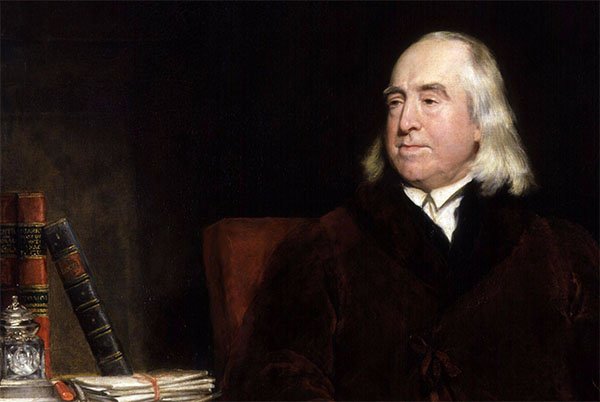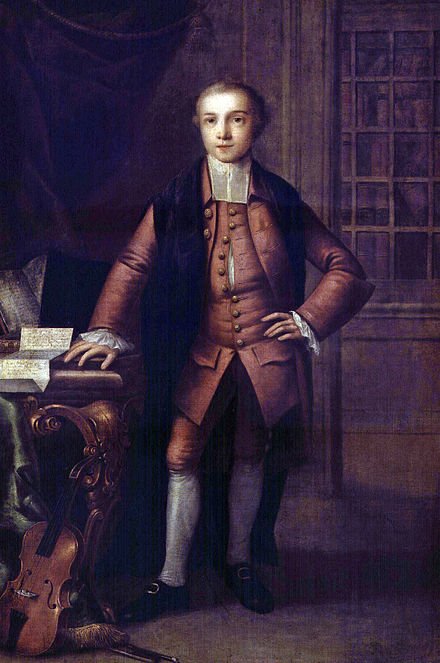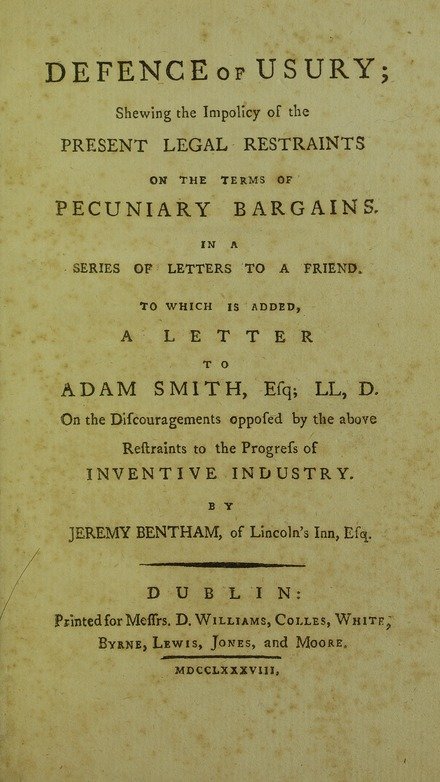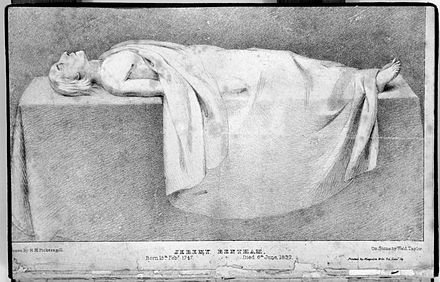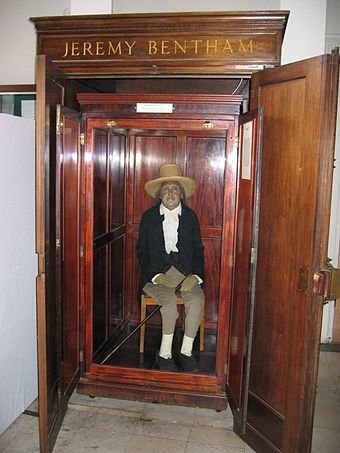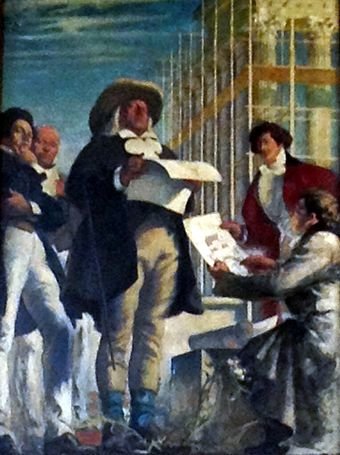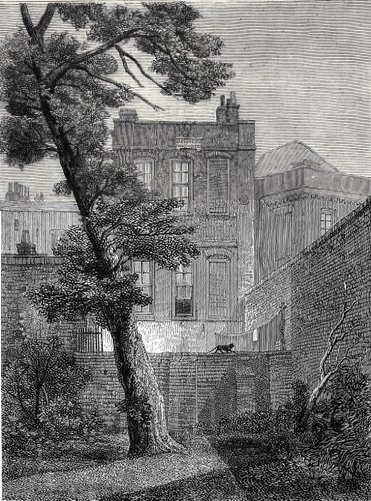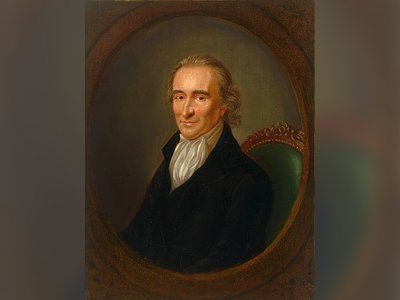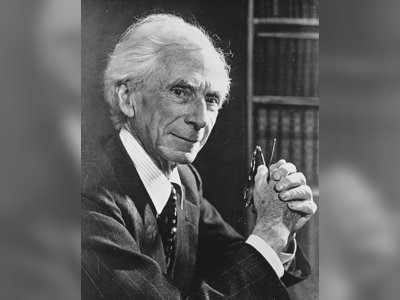British Heritage
Remember, Cherish, Learn.
beta
Jeremy Bentham - Social Reform Advocate 1800s
Champion of Social Reform and Utilitarian Philosophy.
Contribution to British Heritage:
Jeremy Bentham, an eminent English philosopher, jurist, and social reformer, is best known as the founder of modern utilitarianism. Born on 15th February 1748 in Houndsditch, London, Bentham's ideas and principles have left an indelible mark on British heritage and society. He introduced the concept of 'utility' and developed the utilitarian framework, which continues to underpin much of applied policy evaluation. His philosophy, centered on the principle of "the greatest happiness of the greatest number," has had a profound impact on various aspects of British society, including education, law, prisons, and social welfare.
Legacy and Success:
Jeremy Bentham's intellectual legacy is extensive, and his influence extends beyond his own time. He was a prolific writer and a leading theorist in Anglo-American philosophy of law. Bentham's ideas on individual and economic freedoms, separation of church and state, freedom of expression, and equal rights for women laid the groundwork for many progressive movements that shaped British society. He was a staunch advocate for social reform, calling for the abolition of slavery, capital punishment, and physical punishment, including that of children. Bentham's early advocacy of animal rights also foreshadowed later movements for animal welfare.
Bentham's commitment to improving the conditions of prisons and his proposal for the panopticon prison system had a lasting impact on the reform of prisons, schools, and poor laws. Although his panopticon project was not realized during his lifetime, it became a paradigmatic model for later 19th-century disciplinary institutions. Additionally, Bentham's cooperation with Patrick Colquhoun in tackling corruption in the Pool of London led to the establishment of the Thames River Police, the first preventive police force in the country.
Bentham's engagement in legal and social reforms, as well as his efforts to codify the common law, significantly influenced the development of modern legal systems. His contributions to welfare economics and his emphasis on maximizing pleasure and minimizing pain in decision-making laid the foundation for utilitarian approaches in economics and public policy.
Bentham's impact on British heritage can be seen in the Faculty of Laws at University College London, which is housed in Bentham House, a testament to his role as the "spiritual founder" of UCL. Furthermore, his advocacy for social equality and individual liberties has shaped the British ethos and influenced subsequent generations of thinkers and policymakers.
General Information:
Jeremy Bentham was born into a wealthy family that supported the Tory party, and he displayed remarkable intellectual abilities from a young age. After completing his education at The Queen's College, Oxford, he pursued a legal career but became disenchanted with the complexity of English law, which he called the "Demon of Chicane." Bentham's involvement in political discourse was evident when he collaborated with John Lind to rebut the American colonies' Declaration of Independence, using an essay titled "Short Review of the Declaration."
Bentham's fascination with prison reform and the panopticon system led him to spend years developing and refining his ideas, though the project was never fully realized. Despite facing setbacks and disappointments in his attempts to bring about social change, Bentham remained committed to his principles and ideas until his death in 1832.
Conclusion:
Jeremy Bentham's enduring legacy as a social reformer and philosopher has left an indelible mark on British heritage. His utilitarian philosophy, commitment to social equality, and advocacy for individual liberties have had a profound influence on British society and the development of modern legal and policy frameworks. Bentham's ideas continue to be studied, debated, and applied in various fields, making him a significant figure in the shaping of British intellectual and cultural history.
- Jeremy Benthamen.wikipedia.org
